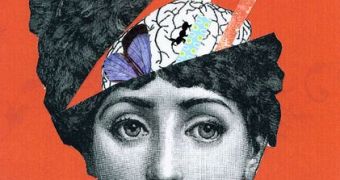The addition of a psychological migraine treatment to an existing drug therapy, boosts patients' confidence in their ability to self-manage the symptoms.
This association of psychological therapy and drug treatment is very beneficial for severe migraine sufferers, according to a new research carried out by Elizabeth Seng and Dr. Kenneth Holroyd from Ohio University in the United States.
They analyzed data from 176 people who took part in the US Treatment of Severe Migraine Trial.
The treatment program included intense drug therapy, with either β-blockers or placebo, for everyone along with behavioral migraine management or without it.
The program of behavioral migraine management included demonstrations of migraine management abilities during four monthly clinic visits.
These skills were practiced then by participants through workbooks, audiotape lessons and guided home practice, AlphaGalileo reports.
At the end of the study, results showed that the addition of behavioral migraine management to drugs, had an extremely positive effect over the patients' confidence in their ability to self-manage migraines in an effective way, unlike drug therapy alone.
Another positive side effect of the experiment was than people who thought that migraines were a result of fate or chance, started to believe that migraines can be influenced by behavior.
Also, people that had very little or no control over their condition before the debut of the treatment, had the greatest increase of confidence in self-management abilities.
The authors concluded that the “exploratory analysis offer an optimistic message: brief psychological interventions for migraine management can effectively increase sufferers' confidence in self-management and can be long-lasting.”
They also added that these psychological interventions increased the positive effects of the drug therapy and allowed participants to assume a more active role in their treatment, by using the behavioral skills they had learned.
The findings of this research are published online in Springer's journal Annals of Behavioral Medicine.

 14 DAY TRIAL //
14 DAY TRIAL //